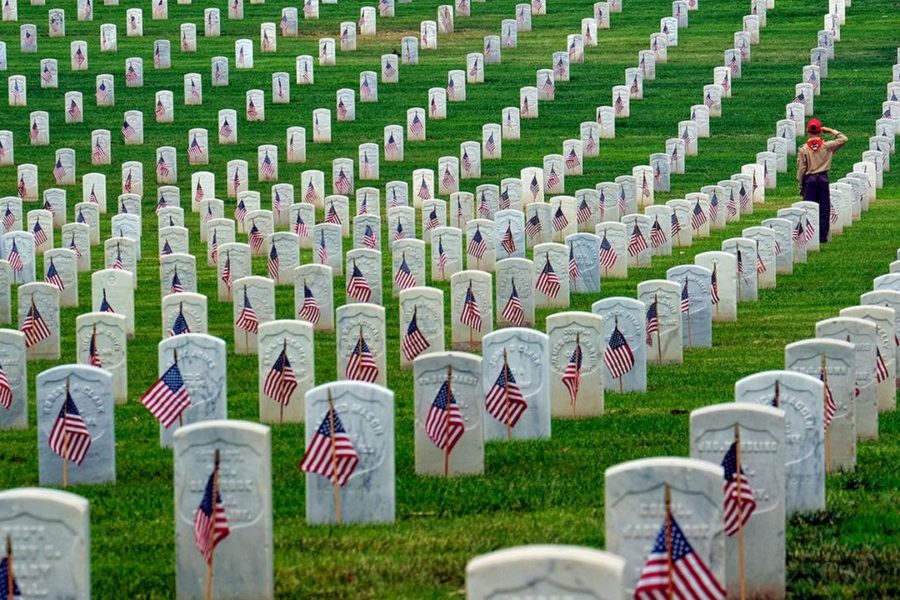In 1949, my parents moved from a small Georgia town to a tree lined street in what later became part of Atlanta. For a five year old boy, the new neighborhood was ideal. One side of the street consisted of forrest. Behind us was a lake and a creek where us boys fished, chased ducks, and caught snakes and frogs. We played with knives, bows and arrows, guns, homemade explosives, rode bikes without helmets and did pretty much whatever crazy stunt that a “double-dog-dare-you” could elicit. Beside the lake was a mud flat where we played semi-touch football. I say “semi-touch” because sometimes it got downright violent and bloody.
In those days, Atlanta was still a Southern town where manners were important. Children addressed their elders as “sir” and “ma’am”, and boys stood up when an adult entered the room. Nobody ever explained to us why we had to do this, we just did it. Or else.
Our house had a large screen porch with a ceiling fan. On many warm summer evenings, while my friends and I chased lightning bugs and played in the dark, the men of the neighborhood would gather on our porch to drink bourbon (of which my father always had a ready supply) and share pleasantries. Sometimes we would hide in the bushes and listen to their conversations. Usually it was small talk about work, family, sports, and the day’s events. But, every now and then, when the group consisted exclusively of veterans, the men would talk about their time in the service.
Mostly they would tell funny stories about their escapades in uniform. But sometimes the talk would turn serious about friends who had died and things they had seen and done in the war that they could never share with people who hadn’t been there.
My friends and I thought they were talking about ancient history, but looking back it’s clear that – less than a decade after war’s end – some of the men were still suffering from post traumatic stress disorder, a term that hadn’t been invented and a condition about which no one knew. I realize now that sitting there on my parents’ porch self-medicating with alcohol and reliving the war, they were engaging in a form of group therapy.
These were our fathers who had come back from the war, put away their uniforms, and then got on with making a living and raising families. How lucky we were to have had them in our lives.
So, in observance of Memorial Day, here’s a short video titled “The Bravest Generation”. It shows young men and women in Honolulu celebrating Japan’s surrender on August 14, 1945. Every time I watch it, it reminds me of my father and his friends who served and how young, strong and vigorous they were when we were children.

1 Comment
Leave your reply.